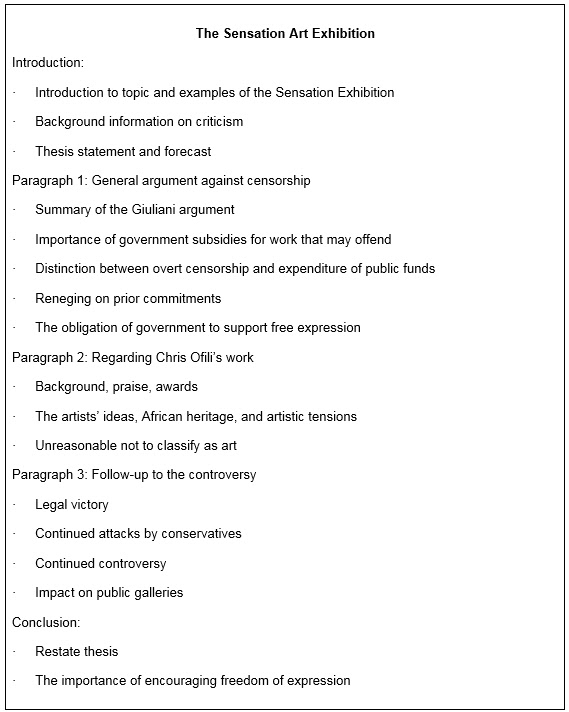Essay Writing
Topic and Thesis
Sometimes, a topic will be assigned to you; in other cases, you will be tasked with choosing one yourself. Either way, you will need to narrow your focus.
The Topic Sentence: A topic sentence is your first step in exploring a subject. Sometimes, it will be given to you in the form of a writing prompt. (Here’s a hint: if your thesis can’t go without “I” it is probably a topic sentence.)
For example: As a prompt, “discus Marcus Aurelius’ Meditations” may seem quite overwhelming. It would be impossible to write a 1000-word essay on the subject—a broad topic like that demands a considerable amount of time and attention.
To narrow your focus and create a topic sentence, consider what you find interesting most striking about it the subject. A mind map can be useful at this point: simply circle your topic in the middle of a blank sheet and, around it, separate interconnected ideas with lines.
Perhaps you feel that Marcus Aurelius’ Meditations encapsulates the tenets of stoicism. Now, as a topic sentence, you could write, “in this essay, I will examine how Marcus Aurelius’ Meditations reflects the principles of stoicism.”
It’s a wonderful idea, but we must go from topic to thesis; we must argue by establishing why we feel the way we do about the text. For example: “In Meditations, Marcus Aurelius’ captures the essence of stoicism by guiding the reader towards independence, resilience, and self-mastery.”
Organizing Your Essay
Perhaps, as suggested earlier, you used a mind map when forming your topic sentence. Now, as you begin planning out your essay, you can create a paragraph-by-paragraph outline. This can even be done before creating your thesis; in that case, you may then borrow each paragraph’s topic to create a forecast instead of the other way around—you’ll soon discover which strategy you like best.
Here is an example of a basic outline using simple bullets and bold text (adapted from the Broadview Guide to Writing):

Writer’s Block
The best defence against writer’s block is a good outline, but even the most accomplished writers struggle with it occasionally. If it is something you encounter frequently, consider creating a sentence outline: it is similar to the one above but includes full sentences instead of brief points. If all else fails, get your pen or cursor moving; sometimes, that’s all it takes to get into a state of flow.
